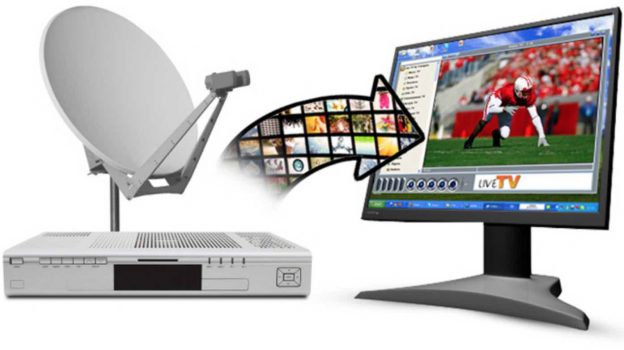The eyesore of television programming in Ghana

Watching television in Ghana has become very difficult. This difficulty is well experienced with a great percentage of the channels on the multi tv platform.
Unfortunately, I am not the only person who feels this strongly.
Television, like other media platforms, we learn is to educate, entertain and inform. The question Ghanaians should be asking at this moment is whether our channels are serving these functions, and in the best way possible.
One of the first scenes that might greet you upon turning on your television (multi tv channel ) will be elaborate advertisements of “Occult groups”, Secret Societies, juju men, and various types of spiritualists advertising money rituals. The advertisements are so detailed and command considerable airtime and are usually aired around the same time on different channels.
I remember a few years back when the National Media Commission rose to stop the airing of pornographic content. What is happening this time around that has made them and other government agencies impotent in the face of more dangerous content on our airwaves?
Do we want to wait till children, women, albinos, and others start disappearing or ending up dead on road shoulders as a result of this ritualistic money mindset being gleefully dangled before the youth?
Are we trying to as a country encourage a false sense of prosperity in which our young people prefer to join wealth-mongering organizations that are not even proud to shine a light on their activities?
A lot of fraudulent and illegal activities are being advertised for the consumption of the unsuspecting public. These include money doubling schemes and other schemes that may sound like legitimate businesses promising unrealistic returns almost instantly.
Previously, it was about the sordid activities of television miracle workers who stirred controversy at every turn. The script has however advanced since then with the introduction of many charlatans taking these television stations by the jugular and directing how life should be in Ghana.
Why is the National Media Commission, the Police, and other mandated institutions sitting aloof while the moral fabric of our society is being eroded through dubious means?
The rapid deterioration of media standards in the country especially with the advent of satellite television technology in Ghana is extremely disturbing.
Ownership of these stations is either in the hands of uncouth politicians who believe they can talk anyhow without recourse to standards and law, illiterate or semi-literate religious zealots and charlatans, herbal medicine practitioners, and other businessmen who have no industry background but are unwilling to employ qualified industry players to ensure proper management.
As someone who has worked in the management of a television station, I am well aware of the revenue constraints many of these television stations face. I am also aware of the kind of monthly payments they have to make to remain on air. That should however not be a license for pushing fraudulent activities or worst still, programming that makes our society worse off on the viewing public.
At the moment, any visitor who watches these Ghanaian TV stations will be shocked by the kind of society we are; a society that is fast losing all her values, a society without a true culture, a society that encourages her youth to chase money absent hard work and at any cost.
Many were proud when hardcore pornography stopped airing on our televisions. It reminded us that there were strong institutions that are watching and ensuring that we did the right things on air taking into cognizance the fact that the television is now an important agent of socialization for the younger generation.
If no serious action is taken towards sanitizing our airwaves immediately, our television and radio stations will be our country’s undoing.